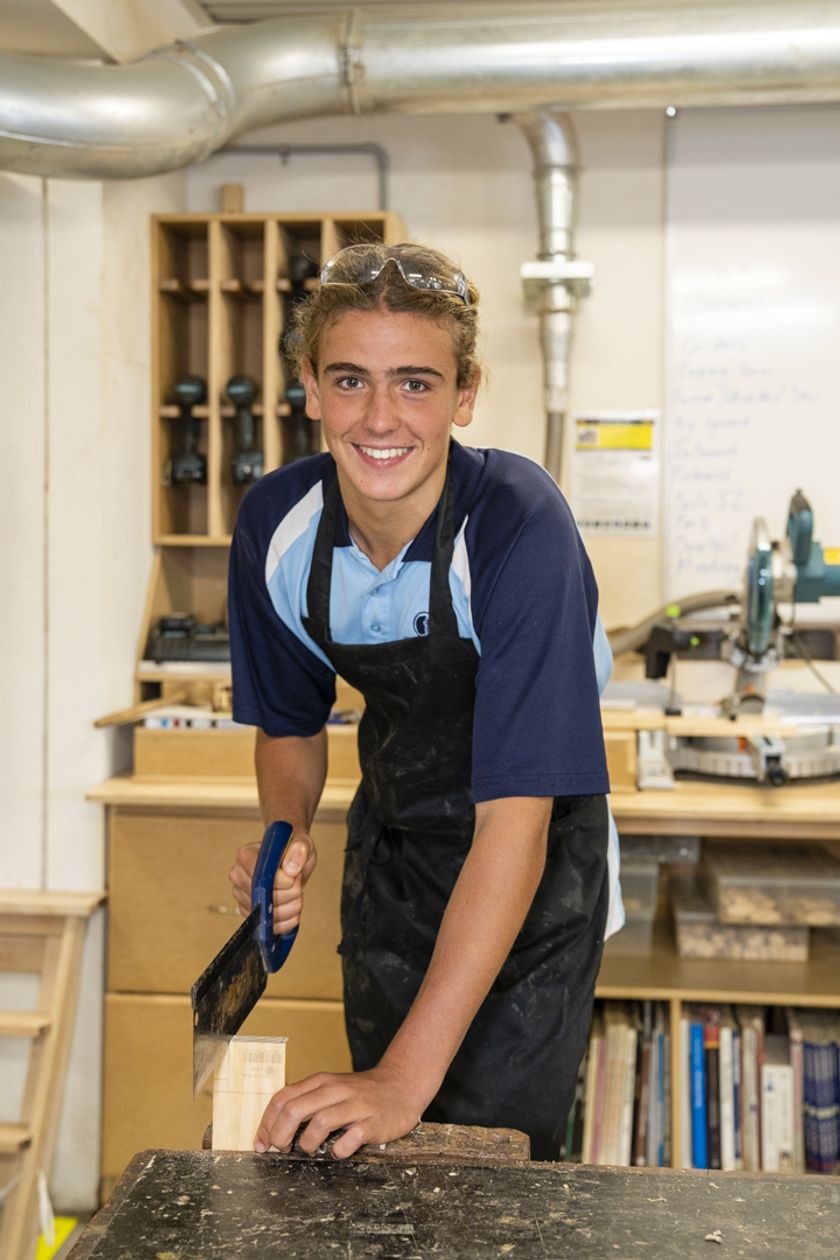






As we’ve now hit the half-way mark of Term 1, you may have
noticed that the demands of homework and assessments have started to
increase. As parents, we often want to jump in and help our children
navigate the tasks ahead. The big question is – how do you do that
without taking over?
Here are seven tips to help parents support their children with good study habits at home.
1. Set the scene
Create a study space which is conducive to learning. Having quick access to books, resources and materials will aid the learning process. Pin your child’s timetable up on the wall. If possible, colour code their timetable with their subject folders - this will help them get organised for the following day. Playing music in the background might also be beneficial – ideally instrumental or classical music is proven to help children focus better.
2. Stick to the plan
Create a realistic study plan that fits around your family’s after-school commitments. Involve your child in creating the plan so that you can hold them accountable. Factor in reading time each night, ideally, 15-20 minutes for Junior School students and 30+ minutes for Secondary students. Once your plan is set, stick to it! Consistency is key.
3. Remove distractions
Put devices and phones away during study time. For some of our voracious readers, even books can prove to be a distraction! Multitasking (even if it’s to do with homework) can be a hindrance to rich learning. Aim for quality, focused time on each task.
4. Editor in training
I like to read through my children’s homework and say something like, “I can see four things that need to be changed on this page”. I don’t show them the mistakes - instead I want to train them to look through their entire piece in search of the errors. This is a particularly helpful skill to learn when checking their work at the end of a test or exam.
5. Be a cheerleader, not a weightlifter
Encourage your child regularly and find reasons to celebrate their successes, however big or small. Resist the urge to do their work for them – this is not helping them in the long run. If you are able, model the skill they need to master but give your child the space to complete their work themselves.
6. Can you remember?
Ask your child to recall what they’ve learnt. This could be done later that evening or in the car the following morning. You could recap multiple concepts on the weekend. If they can answer you confidently and fluently, they’ve got it! If they stumble through the content, then you may need to review it again. Some children need lots of repetition over an extended period of time.
7. Start early
Don’t leave things to the last minute, especially with regards to projects, assignments and major works. Start early and have a plan. Devote regular blocks of time to complete bigger tasks that might take a few weeks. Leaving things to the last minute will cause a lot of unnecessary anxiety and frustration.
Finally, please know that you can always contact your child’s teacher if you have any questions or need help keeping your child accountable with their homework.
Silva Mekerdichian
Director of Teaching and Learning